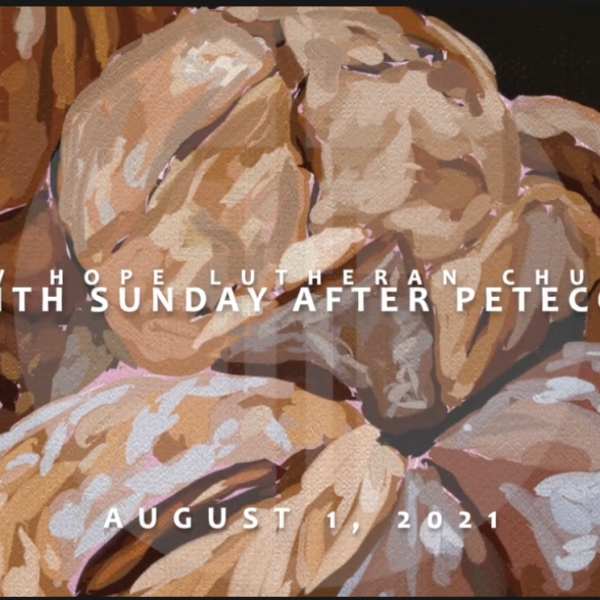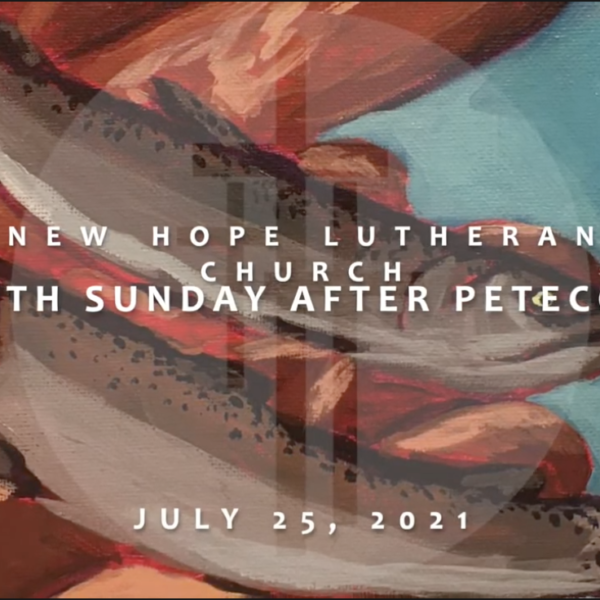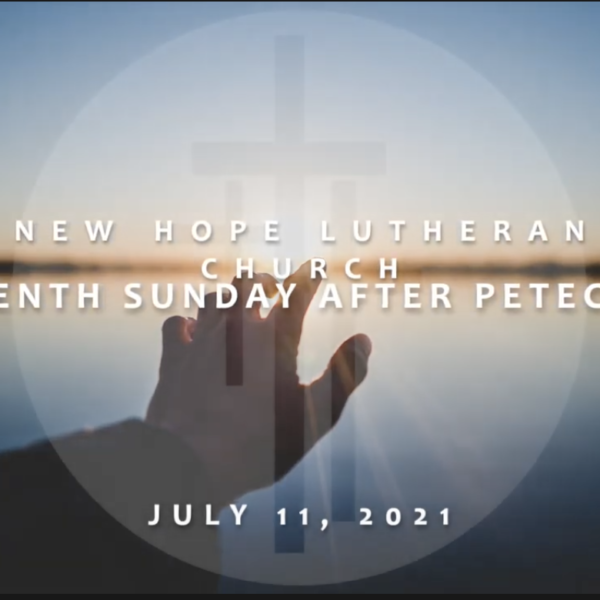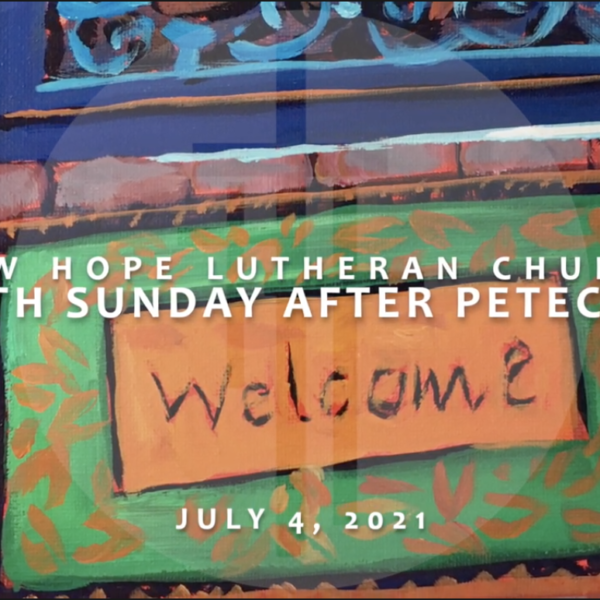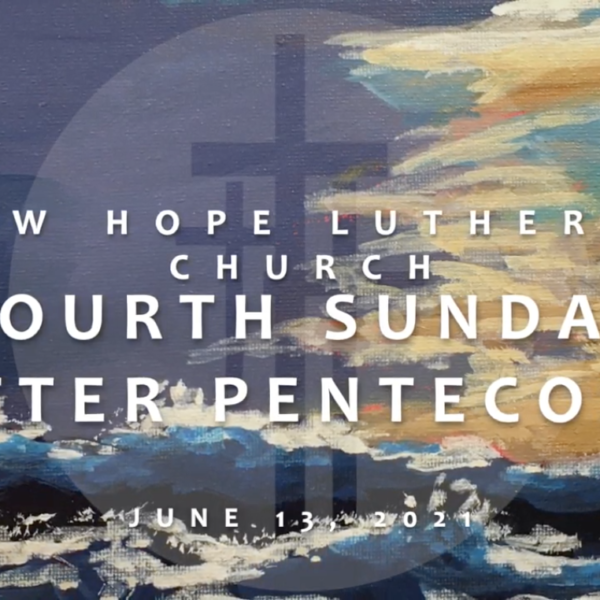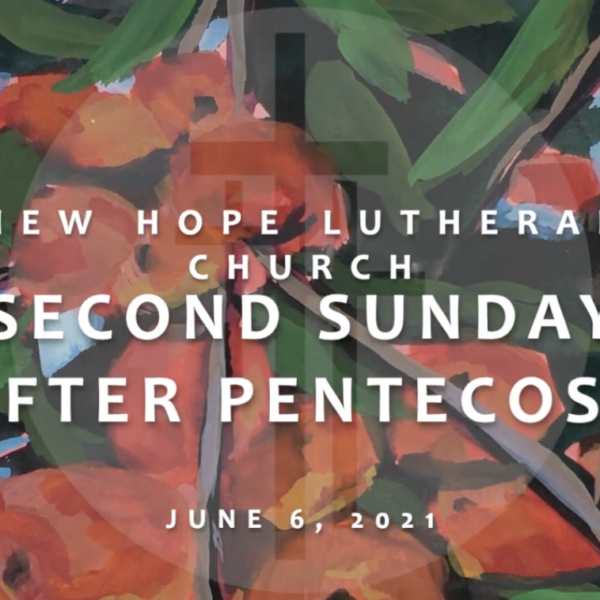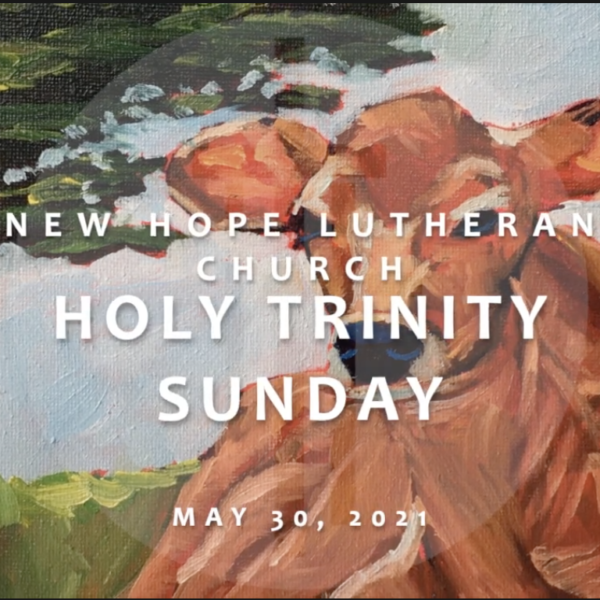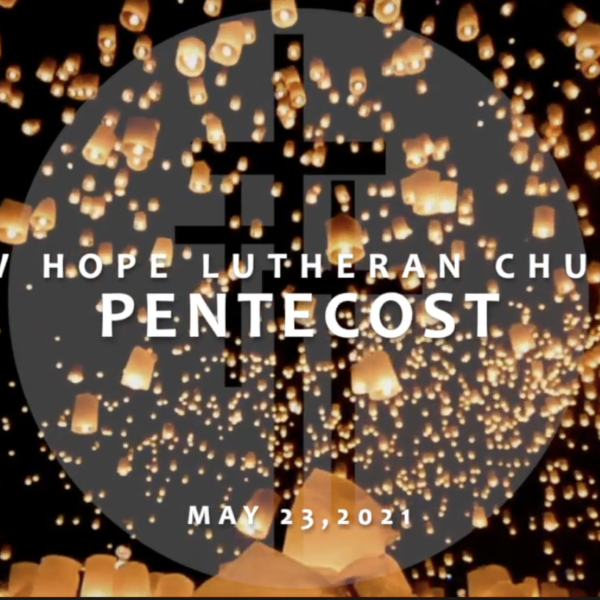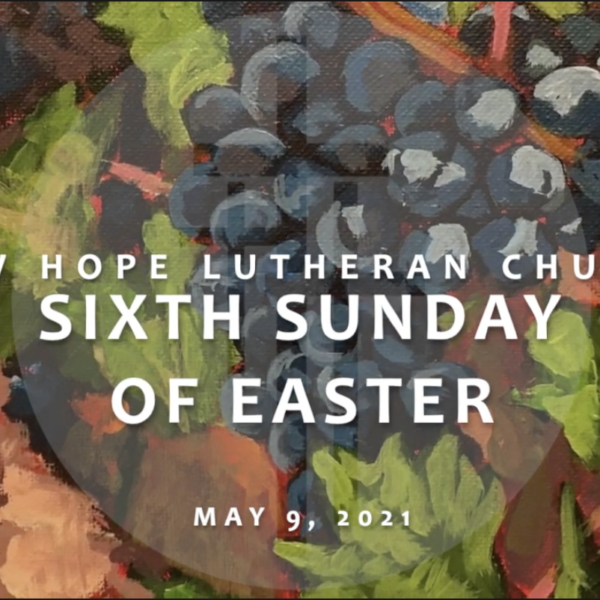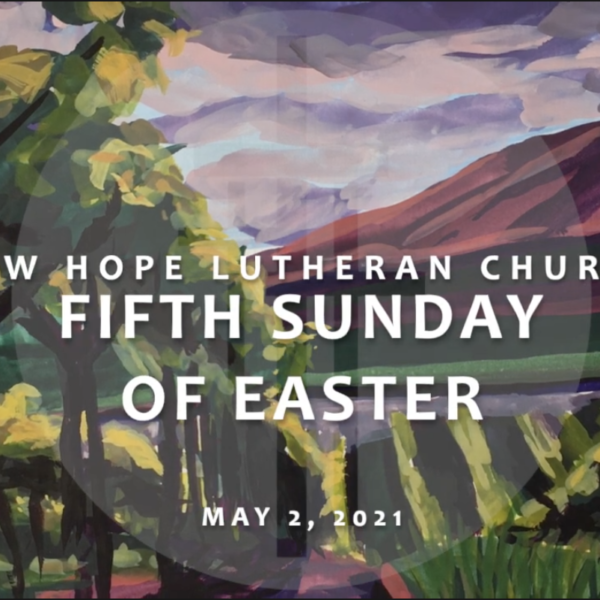Tenth Sunday after Pentecost 2021
John 6:24-35
24 When the crowd saw that neither Jesus nor his disciples were beside the sea, they themselves got into the boats and went to Capernaum looking for Jesus.
25 When they found Jesus on the other side of the sea, they said to him, ‘Rabbi, when did you come here?’ 26 Jesus answered them, “Very truly, I tell you, you are looking for me, not because you saw signs, but because you ate your fill of the loaves. 27 Do not work for the food that perishes, but for the food that endures for eternal life, which the Son of humanity will give you. For it is the Son of humanity upon whom God has set God’s seal.” 28 Then they said to Jesus, “What must we do to perform the works of God?” 29 Jesus answered them, “This is the work of God, that you trust, that you have faith in the one whom God has sent.” 30 So they said to him, “What sign are you going to give us then, so that we may see it and have faith in you? What work are you performing? 31 Our ancestors ate the manna in the wilderness; as it is written, ‘The one sent by God gave them bread from heaven to eat.’” 32 Then Jesus said to them, “Very truly, I tell you, it was not Moses who gave you the bread from heaven, but it is God who gives you the true bread from heaven. 33 For the bread of God is that which comes down from heaven and gives life to the world.” 34 They said to him, “Sir, give us this bread always.”
35 Jesus said to them, “I am the bread of life. Whoever comes to me will never be hungry, and whoever believes in me will never be thirsty.”
—————
Please pray with me this morning, church:
Nourishing God,
Our stomachs ache and we hunger.
We hunger after things that fill, but do not satisfy.
Feed us this morning.
Nourish us with your self, that which is sustaining,
And strengthen us to share you, to share our selves,
With a starving world.
Amen.
—————
I’ve told y’all the story before about I’m a percussionist, but I wasn’t really supposed to be a percussionist. Do y’all remember this? I was going into 5th grade and they were essentially just asking who wanted to be in which sections and play which instruments. And I know this will come as a shocker to all of you, but I was talking and goofing off with my friend and not paying attention, so I missed the opportunity to raise my hand to play the instrument I actually wanted to play, which was trumpet. But I also didn’t want to play trombone or tuba, so I ended up stuck with percussion because it was either that or nothing.
Have you ever been given something that was intended as a gift, but you weren’t really sure about it at first, but then later the gift you were given turns out to be way better than you could have imagined?
That was this for me. I didn’t really want to play percussion, but I ended up liking it pretty well, and then I kept doing it, I kept playing percussion in junior high, and high school, and even in college, and it ended up being something that I fell in love with. I really love playing drums.
But not only that, but if I hadn’t found a passion for drums and music, I wouldn’t have been in band in college, and I wouldn’t have met Tiffany, and we wouldn’t be married.
But not only that, but if I hadn’t met Tiffany and we wouldn’t have married, we wouldn’t have Oliver.
So, see…this one tiny decision…this one seemingly insignificant thing…ended up being an incredible gift that is so much better than I could have even imagined.
I thought I wanted to play trumpet, but having ended up playing and finding a passion for percussion continues even 30 years later to have incalculably profound effects on my life.
The people in our gospel this morning, the crowds in John’s gospel, are experiencing this same phenomenon of not being sure if the gift they’ve received is actually a gift.
Last week, Jesus sat them down in a clearing on the side of a mountain and taught them and fed them, and then Jesus went away. But that gift was so incredible, that bread was so good, they wanted more. “Give us more of this, Jesus.” So they chased down Jesus and the disciples and demand that he do it again. “Do the thing, again, Jesus…make the bread into more bread. We’re hungry…do it again…feed us. We want the gift you gave us before.”
“I’m all out of loaves,” Jesus says, showing them his empty hands out of his pockets. “I don’t have any more dinner rolls and fish, but I’m here. You can have me. I’m the bread of life.”
“Ehhh……I don’t really know what that means, so if you could just give us more bread, that’d be great, and then we can go.” If you remember last week, the people wanted to take Jesus and make him their Bread King. See, food was really hard to come by in 1st-century Palestine under Roman imperial occupation, so someone who could make food just appear was the kind of gift you wanted to keep around. “Do the thing again…the thing with the bread.”
But Jesus says, “I’m not that kind of king. This isn’t that kind of gift.”
We’re in the thick of our worship series for the second half of the summer called Bread of Life, focusing on these bread verses, and especially on what Jesus says in our Gospel this morning, “I am the bread of life.”
It’s an unusual declaration and one that we’ll spend the next few weeks unpacking. But there’s bread…like the bread given to all those people on the side of the mountain…the bread that fills hungry bellies…and then there’s this other bread, the bread of life…the bread that fills…something else…you get the sense that this bread is for satisfying some kind of deeper hunger.
What do you hunger for, church?
What do you really hunger for?
What does your stomach groan and ache for?
The thing is, I think a good many of us would lift up stuff and things. We hunger for that raise. We ache after that extra bedroom or that pool or that new gourmet kitchen. We yearn for a promotion or to be noticed or fancy friends who invite us over to their house full of things we only dream about.
Look, I do, too. I’m no different.
But what if we take Jesus at his word to hunger after something else?
“I’m the bread of life,” Jesus says, “Hunger after me.”
Ok…yes…great… What does that mean…?
What if hungering after Jesus means to allow our stomachs to ache for the same things that Jesus hungered after? What if our hungering after Jesus means to follow Jesus into those places of the world that make us uncomfortable, that challenge us, and that demand something of us? What if hungering after Jesus pushes us into a deeper relationship not just with our neighbors that we know well, but those we don’t know well, our neighbors at the grocery store, the ones who live around us, the ones who don’t look like you, think like you, speak like you, or vote like you?
What if hungering after Jesus means that you have so much care and concern for your neighbor’s wellness and well-being that you’d sacrifice your own preferences and desires if it meant that your neighbor could safely enjoy the life God intends for them, life and life abundant.
Last week, Jesus gave all those people food, yes, but he also reminded them that they are given to each other. Last week loaves and fish were multiplied into a feast of abundance, but the people who were gathered on that mountainside shared what they had with their neighbor until all were fed. Not only did everyone have their needs met, Jesus’ multiplying miracle inspired such generosity that there were baskets full of leftovers.
One of my biggest learnings over the past 18 months of this pandemic is the same thing I’ve preached as long as I’ve stood in pulpits, which is that we are so much more interconnected and interdependent on one another than we realize. We try and pretend as if my decisions affect me and me alone, and nothing I do has any bearing or impact on you. Church, this is a lie. This pandemic, and especially the way the decisions of one or a few have such far-reaching ramifications, have laid that bare in an extraordinary fashion. And it’s astounding to me that it feels like we still struggle to grasp this truth.
Your choices, your decisions, your actions affect your neighbor in profound ways. Does your stomach ache for your neighbor’s well-being as much as it does for your own?
The author of Ephesians pleads with you: “I beg you, lead a life worthy of the calling to which you have been called. With all humility and gentleness, with patience, bearing with one another…in love…making every effort to maintain the unity of the Spirit in the bond of peace.”
The gifts God gives to God’s people are for the building up of the body of Christ.
These are surprising gifts.
The gift of your neighbor is a surprising gift.
The gift of giving of yourself for our neighbor is a surprising gift.
Because what you’ll find as you pour yourself out and give of yourself for the sake of your neighbor, is that in emptying you are filled…in giving up, you gain.
What a gift.

